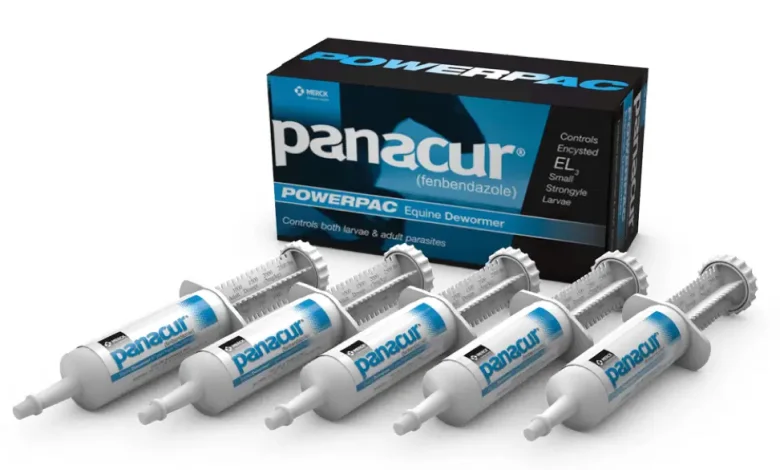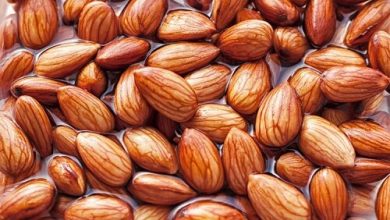An overview of Fenbendazole, a drug used to treat gastrointestinal parasites

Fenbendazole, otherwise known as Fenben or Panacur, is a medication that has been used worldwide since 1974. It belongs to a class of anti-cancer drugs called benzimidazoles, which have been known to have a notable impact in the past few decades. As a result, there is speculation that the canine dewormer may function as a secondary anti-cancer treatment, in a similar fashion as taxol and vinca alkaloid chemotherapy treatments. Furthermore, it appears that humans can tolerate the drug well after oral consumption, as evidenced by existing toxicology results.
Fenbendazole is typically in a white powder form and not very soluble in water. There is a low rate of absorption in the gut resulting from ingestion, but there may be methods to increase this rate such as eating food prior to consuming the drug.
What is the mechanism of action for fenbendazole?
The main reason that fenbendazole is used is to stop parasites from taking advantage of the tubulin molecule, therefore preventing the assembling of microtubules. This leads to the destruction of the parasites and their cells. Surprisingly, the same effect can not be said for other benzimidazoles and tumor cells. There are thought to be three main methods in which fenbendazole for humans to fight against cancer:
It is believed that Benzimidazole carbamates’ anti-tumor function is caused by its ability to interact with tubulin, leading to interruption of the cell cycle and cell death (apoptosis). Moreover, these compounds are able to prevent the formation of microtubules from tubulin in both parasites and cancerous human cells.
Cancer cells have a decreased capacity for taking up and utilizing glucose. Glucose intake by tumor cells is greatly increased. A Warburg effect, in which cancer cells utilize glucose two hundred times faster than standard cells, results in a rise in aerobic glycolysis. In a PET scan, areas that have high levels of metabolic activity and rapidly burn through the radioactive glucose can easily be found, and are usually indicative of cancerous growths or areas of infection. This can be seen.
Fenbendazole lessens the amount of GLUT carriers, and simultaneously stops the activity of Hexokinase II. This enzyme is especially critical to cancer cell survival because it increases the tumor’s glucose reserves and induces lactic acidosis in the matrix outside the cells. Additionally, activating p53 causes a decrease in the generation and efficiency of GLUT1 and GLUT4 transporters inside the cell, dubbed the “glucose gates”.
It is uncertain how exactly the p53 gene is becoming reactivated, so further studies are being carried out to find out if it is due to fenben. Nevertheless, there are an increasing amount of investigations that indicate fenbendazole may boost the most effective cancer-fighting agent in our bodies.
Elephants have a much greater advantage when it comes to avoiding cancer, as their DNA contains 20 copies of the p53 gene, whereas humans only have one. Despite their larger size and higher number of cells and possible genetic mutations, an impressive number of genetic mutations are still avoided thanks to the presence of these genes.
Fenbendazole does not cause cancer cells to form a resistance to chemotherapy, nor can the cancer cells become accustomed to it. Unfortunately, many other chemotherapy and biological treatments can become ineffective and cancerous cells can build a resistance to them due to P-glycoproteins, which allow excretion of drugs from them. Because fenbendazole doesn’t have an effect on P-glycoproteins, the drug is unable to leave the cancer cells, which means that tumors will not become resistant to this de-wormer medicine and it will remain effective in destroying cancer cells within the body. For more visit: Shop











